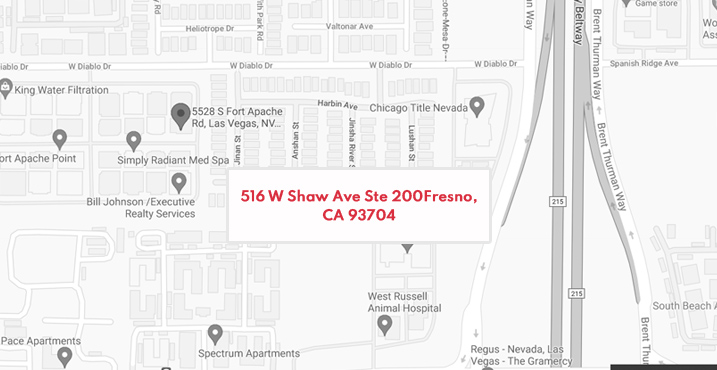If you’re looking into divorce but unsure of what to expect, try not to worry. There is an abundance of legal professionals in California who have done this kind of work before and would be proud to help guide you through the process.
Whether your marriage is uncontested or very adversarial, a spouse would be wise to hire legal representation to help them through the proceedings. Divorce can be long and difficult, with emotional meetings taking place in unfamiliar legal settings. To better understand what comes next, you may read the basic process.
What is the Process for Divorce in California?
First, you need to ask yourself, is this really what I want to do? And if the answer is yes, then you meet with an attorney and you file for the divorce. This is done by filing a court petition requesting a divorce. Once the petition has been filed and the proper forms for custody of the children have been presented to a judge, the next step is to serve your spouse with divorce papers. These documents can be served by an adult who isn’t a part of the case – you are never allowed to serve the papers yourself.
After being served, the other spouse must carefully read all the papers. Typically the documents will include temporary restraining orders, which must be obeyed without delay. After being served, the spouse has a 30-day deadline to make a formal response. Next, financial disclosures are made, so that the court can assess who owns what. Relevant information to the divorce case will then be unveiled in discovery.
What Happens After Discovery?
After the long process of discovery, the two sides try to reach a settlement, which details the final terms of the split. Child custody, property division, and debt allocation are settled during this time. If the two sides cannot come to an agreement, the divorce case will go to trial, where lawyers and a judge will argue over the particulars of the case.
Then the judge will sign a judgment, announcing that the divorce is final. Make sure to review your judgment, so that you are in compliance with the judge’s orders. And then work with a lawyer to update your will, name a guardian for your kids, and make new powers of attorney.
How Can a Lawyer Help Me Through My Divorce?
You’ve just read an abbreviated version of the divorce process in California. And even in this shortened version, the process can sound complicated and drawn out. It’s important that you understand everything that you stand to potentially gain or lose in your divorce.
The Bains Law Offices will develop a legal plan specific to your divorce case. Stop spending stressful nights wondering alone, ‘what’s next?’ Together with your family law attorney, you could get through the divorce process faster and smoother than going it alone.









